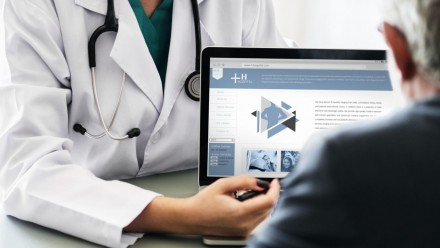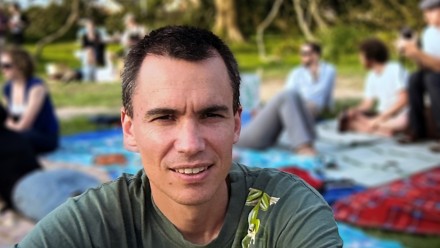Associate Professor Tony Badrick

Contacts
Biography
Tony Badrick has two PhDs. One is in Quality Management in Healthcare and the second is in Pure Maths. He was Associate Professor, Faculty of Health Sciences and Medicine at Bond University for 4 years before becoming the CEO of the RCPAQAP in 2015. In the twenty one years from 1990, he was Manager of the Biochemistry department and then Laboratory Manager at Sullivan Nicolaides Pathology, Brisbane. Between 1973 and 1990, he worked at the Biochemistry Department of the Princess Alexandra Hospital, Brisbane after graduating from the Queensland Institute of Technology with a Bachelor of Applied Science in Medical Laboratory Science. He is a visiting Fellow at the John Curtin School of Medical Research at the Australian National University and an honorary associate professor at Bond University.
He was President of the Australasian Association of Clinical Biochemists (2003-2007), is Chair of the Education and Laboratory Management Committee of the Asian Pacific Federation of Clinical Biochemistry, Vice President of the Australian Institute of Medical Scientists and currently the deputy Chief Examiner and Chair of the Faculty of Science of the Royal College of Pathologists of Australasia.
Tony has also had published over 120 Papers/ Abstracts and one book chapter (2 editions) in Health care management. He was consultant and adviser to WHO in 2007 and 2012; adviser to the Department of Health and Ageing on the Scientific Workforce in Pathology, and Best Practice in Phlebotomy; and is Chair of the Document Review and Liaison Committee of the National Pathology Accreditation Advisory Committee.
Dr Badrick is a collaborator on work designed to enhance the quality of pathology test requesting and test result management in Australian General Practice, along with research examining the frequency and variability of haemolysis reporting across pathology laboratories.











